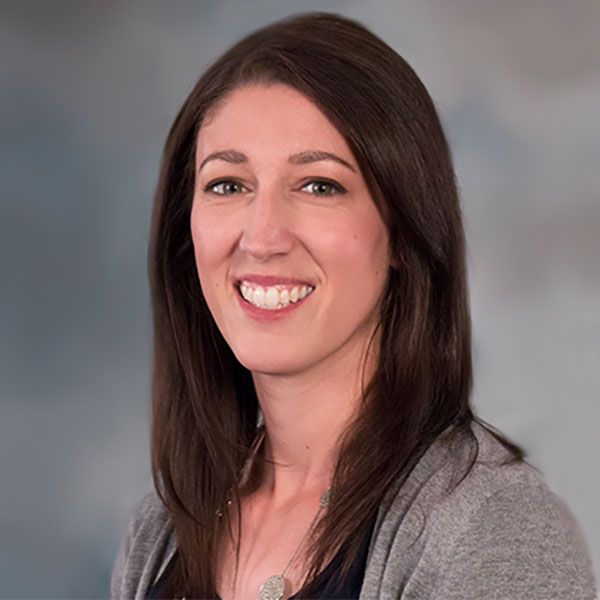Cardiology in North Central Washington – Meeting the Patient Where They Are

People chose to live in our area because of the abundant sunshine, recreational opportunities and slower pace of life. Naturally, a large portion of our population is retired and in need of comprehensive medical services.
As the largest health system in North Central Washington and the only provider of specialty services, Confluence Health is tasked with providing medical care to patients from Wenatchee and Moses Lake to the Canadian border.
Our practice currently employs 11 cardiologists and seven advanced practice providers. In addition to general and interventional cardiology, we provide cardiothoracic surgery and electrophysiology services, as well as a robust cardiac rehabilitation program.
As people continue to move to our area, grow older and live longer with chronic conditions, this has led to an increasing challenge in meeting the need for comprehensive cardiovascular services.

Factoring in geographic constraints for patients that live more than 100 miles north, this has pushed us to think outside the box in terms of how we provide patients with efficient and timely care. Recognizing these issues, one of our general cardiologists and current ACC Washington Governor Gautam Nayak, MD, FACC, took the initiative to develop Confluence Health's first telemedicine program within our cardiology department.
Over the past five years, we have successfully provided virtual cardiology care to patients who live more than two hours north of Wenatchee by visiting with them remotely over Skype, from an exam room in the Omak primary care clinic.
Our growing practice and the national shortage of cardiologists continue to be competing issues that drive us to develop alternative ways to connect with patients. It is not uncommon for our patients who live in the "North Country," as we call it, to have limited or no transportation, as well as other financial and social barriers to maintaining follow-up with their cardiology team.
Some even choose to live "off the grid," without power or running water. This provides a unique challenge in maintaining continuity of care, especially for those patients who require frequent assessment, communication, teaching and medication titration. In many cases, it is not reasonable or feasible to ask a patient to drive 200 miles for adjustment in their diuretic or titration of their heart failure medications.
To address this, we have begun to implement Asynchronous Visits for heart failure, coronary disease and hypertension as a method to check in with patients about their current health status via the patient portal in the electronic medical record.

Facilitated by our cardiology nurse, these visits allow us to look for potential decompensations and adjust medications or recommendations for in-person follow-up with primary care or cardiology.
As the COVID-19 pandemic spurred the implementation of telemedicine programs in many organizations, it was somewhat easier for us to adapt due to our prior experience providing clinic-based telemedicine over the past few years.
The unique challenges, however, have come in providing home-based telemedicine services to our rural patients who are disproportionally affected by social determinants of care, such as access to a smartphone, computer or even the internet.
Nationwide, we are making progress in legislation for telemedicine payment parity and expanded broadband access, though this will take time. However, as clinicians and community members, it is our role to advocate for those who are most affected by social determinants and arguably will benefit the most from virtual care services.
It is our belief that while the management of cardiovascular disease is complex, it can and should be delivered in a variety of methods to better meet the needs of our patients.
